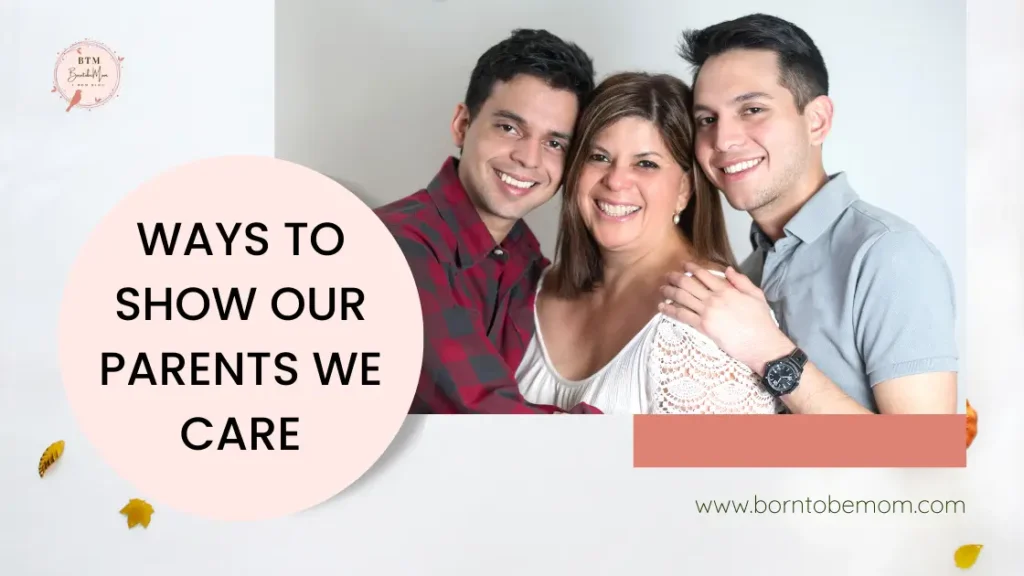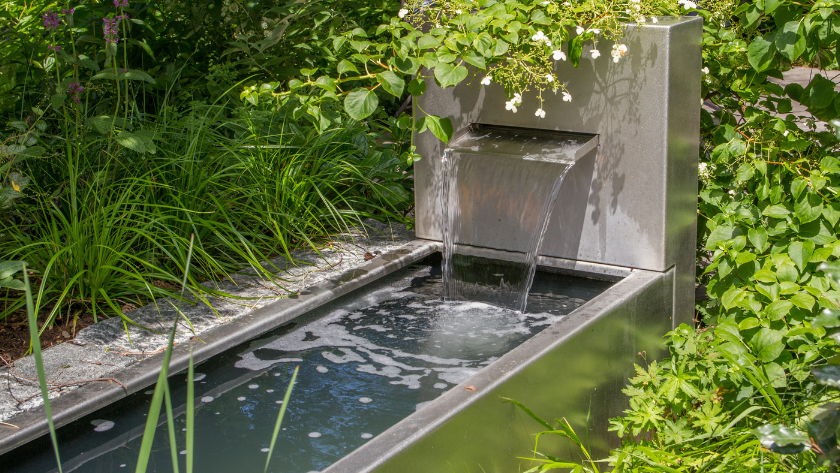We think of our homes as places of safety and security. They’re our respite from the world, where we can relax, recuperate and re-energize. However, our homes aren’t always as safe as we’d like to think, and actually, more accidents happen here than anywhere else. It is scary when you think about it, and something worth bearing in mind as a parent. Here are some ways to keep your family safe at home.
Knowing before moving
Do some research before you move. Area stats online will tell you everything you need to know. They will tell you how many crimes have been committed in the past year and what types of crimes these were.
They will also give you a demographic about the kind of people. Things like a reasonable education rate and low unemployment levels will always be good signs.
Please keep it safe from intruders
Even if you live in a ‘safe’ area, it’s crucial that you still take steps to secure your property. The chances of you being targeted might be lower, but you never know, so be smart and investigate proactive ways to keep your home and family safe.
Install CCTV and a burglar alarm. Upgrade the locks on the doors and have motion-detecting lights installed by the front and back doors. These are all things that will put off an opportunistic thief.
Another way you can prevent criminals from targeting your home is to make it appear occupied, even when it’s not. You can use smart home devices like lamps and appliances and control these from your phone from anywhere in the world.
Alternatively, you could use standard plug timer switches to control lamps and turn them on and off at realistic intervals. Most burglars won’t attempt a break-in if they know someone is home, as they operate on a ‘risk vs reward’ basis. If the risk of being caught or seen outweighs the reward, then they’re likely to move on to find an easier target.
Fence off ponds and pools
One of the top causes of accidental death in children is drowning, and oftentimes it’s at their own home. Children have even fallen into bathtubs and drowned; it doesn’t take much. Ponds and pools are two of the worst offenders, so it’s important to ensure these are secured if you have children.
A sturdy fence with a locked gate or barrier that they can’t get through will help to keep them safe. Even if you’re keeping an eye on them, it can be much faster than you think. Did you know that a toddler can drown in twenty seconds? That could be when you turn around, pick up a drink and turn back. Your best bet would be to keep the risk away entirely.
Think of fire safety
A fire at home can be disastrous. Everything you own can be up in smoke in a matter of minutes, and your loved ones could even lose their lives.
Invest in fire extinguishers and brush up on how to use them. A fire blanket in the kitchen, for example, will smother things like chip pan fires, and a c02 extinguisher would be useful in the garage or workshop where the cause of the fire could be flammable liquids.
Foam extinguishers can be used on electrical fires. Do your research and put these around the home where they could be utilized if needed.
You will need to educate family members that are old enough to understand how to use them of the way they operate, making it clear to children that they should only ever be touched in a true emergency.
Speaking of avoiding electrical fires, have your wiring checked every year, and only use good quality modern appliances that are less likely to cause a fire hazard.
Educate your children about the dangers
When you have little ones, you’ll have to put systems in place in the home to childproof them and keep them away from dangers. However, as they get older, it’s important to educate them so that even if they do happen to come in contact with potential danger, they know to avoid it.
Raising children isn’t all about wrapping them in cotton wool; it’s about teaching them to be able to think for themselves and eventually become independent and successful members of society. Knowing what dangers could present around the home and how to deal with them is something they need to see once they reach an age where they can understand.
They need to know about the dangers of electricity, how plug sockets can cause damage if fingers or objects are put into them, and how water and electricity don’t mix.
They need to know that the oven, kettle, and hot water tap can burn and cause serious injury.
They’ll need to understand that medicines and cleaning chemicals can make them sick. While these should still be kept out of the way of kids, they need to know the reason why, and if they do come across these hazards, they can keep themselves safe.
When you’re a parent, keeping your family safe is your top priority. These are a few proactive things you can do to alleviate risks as much as possible.
Sharing is CARING!!

